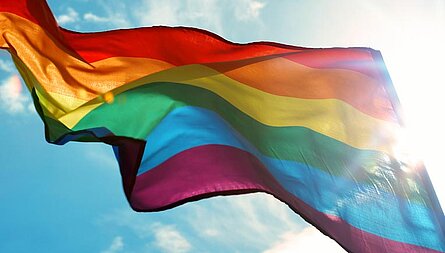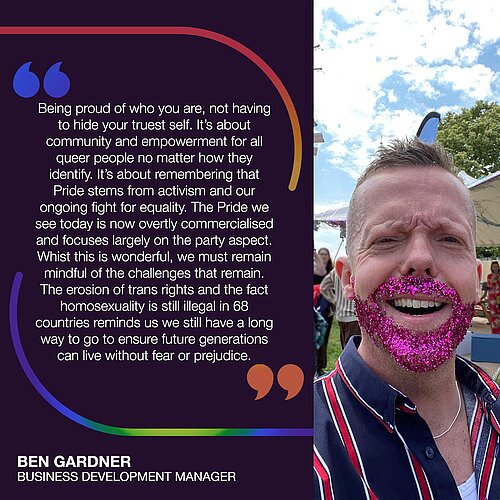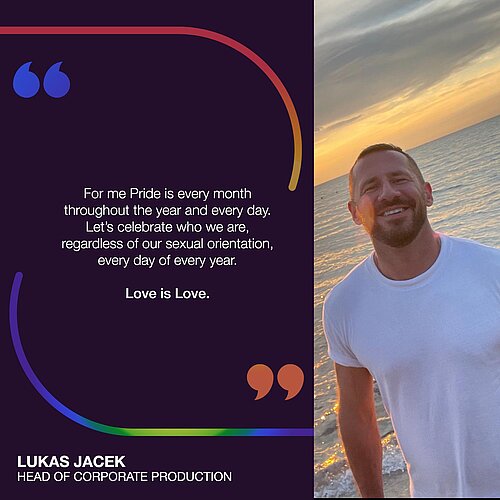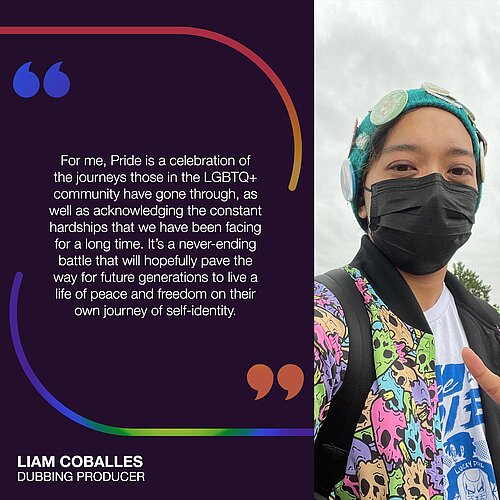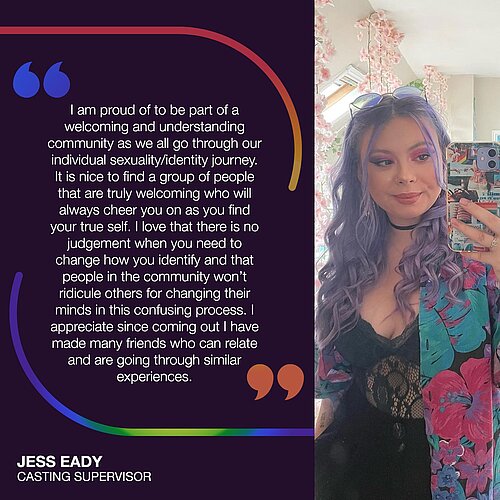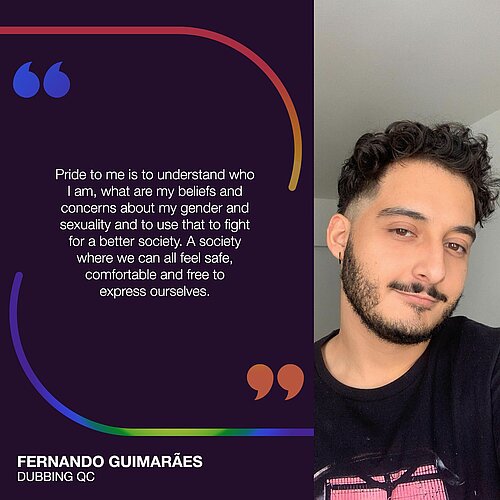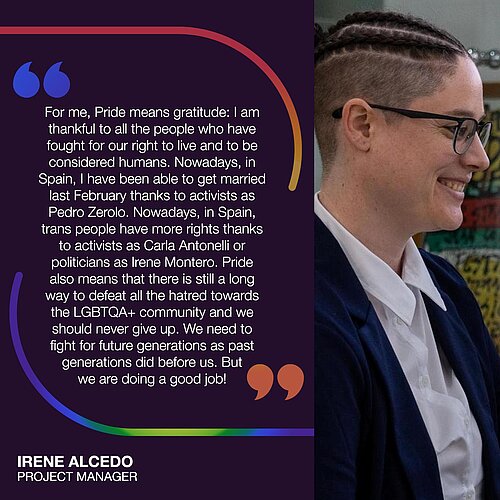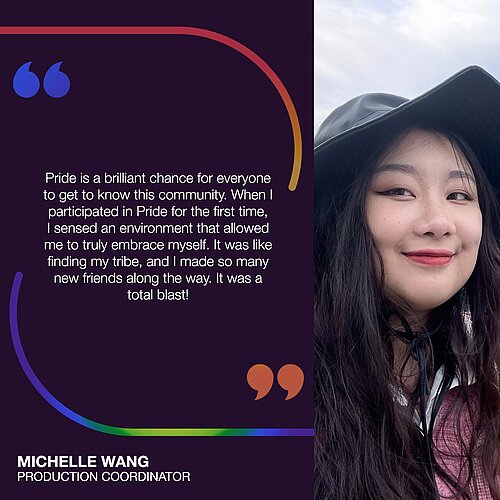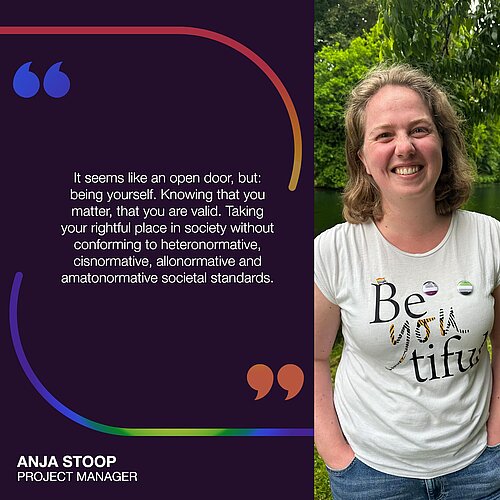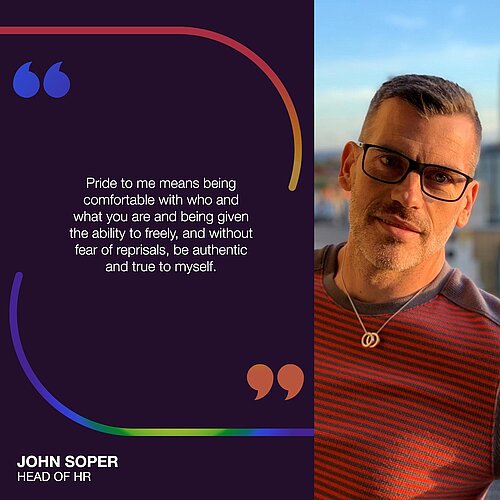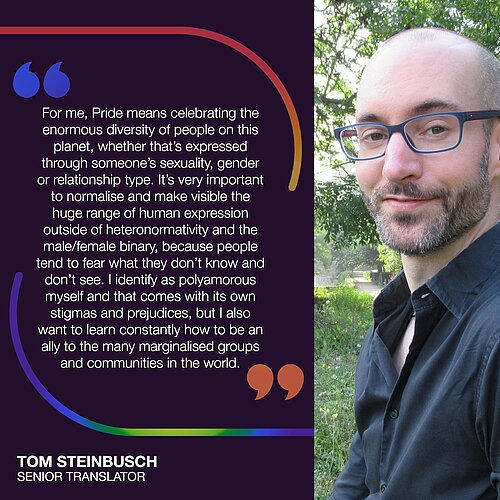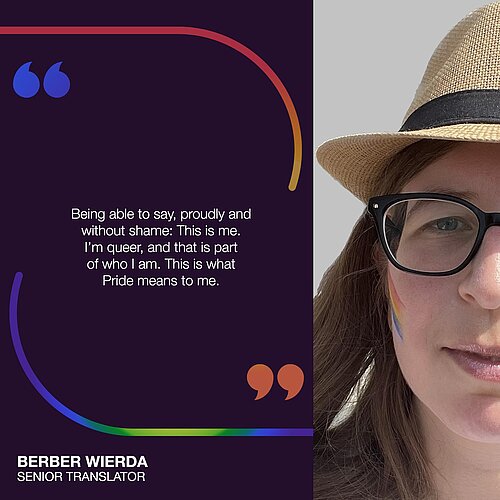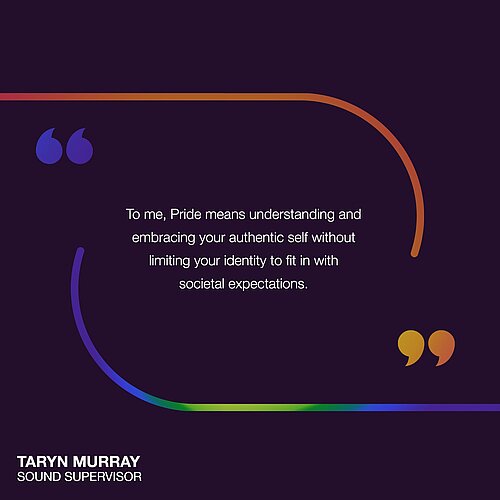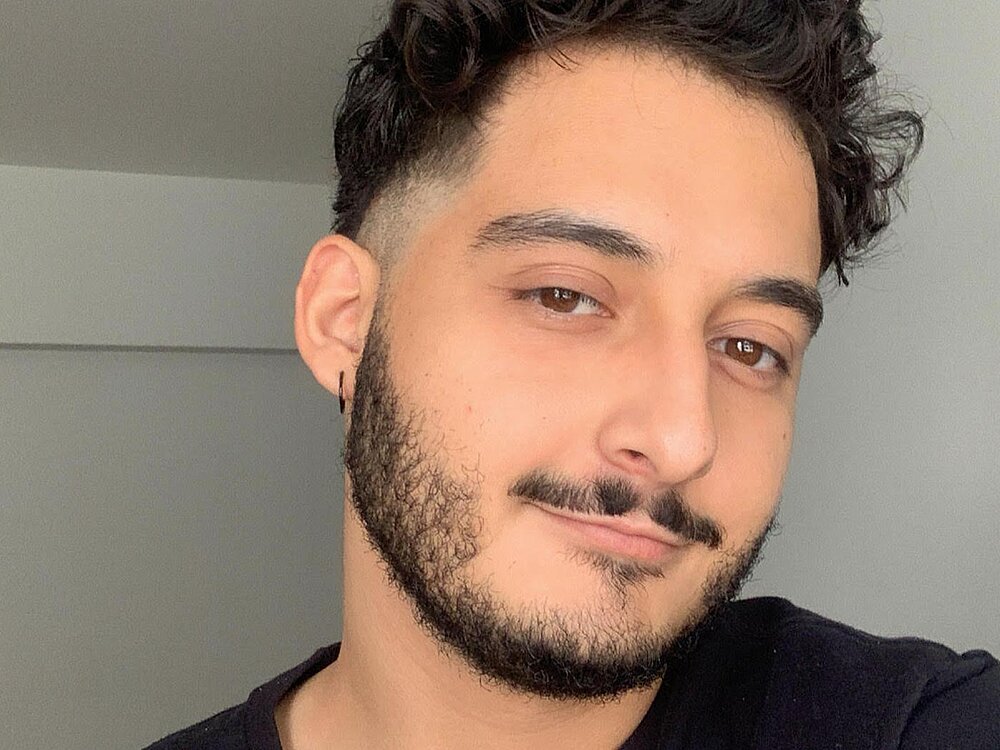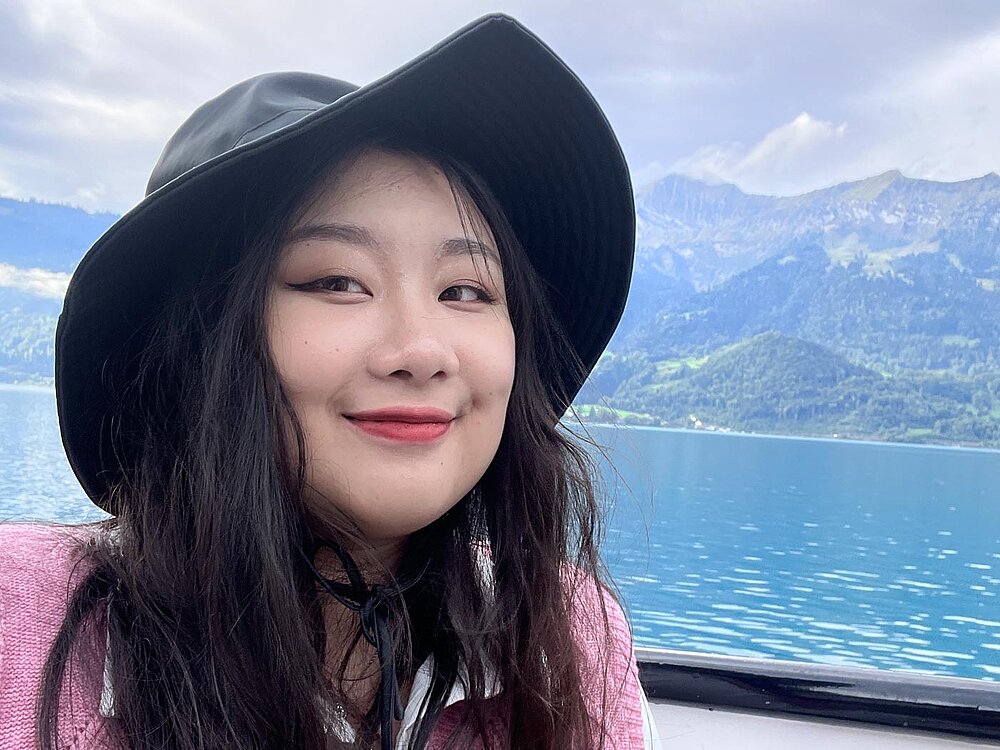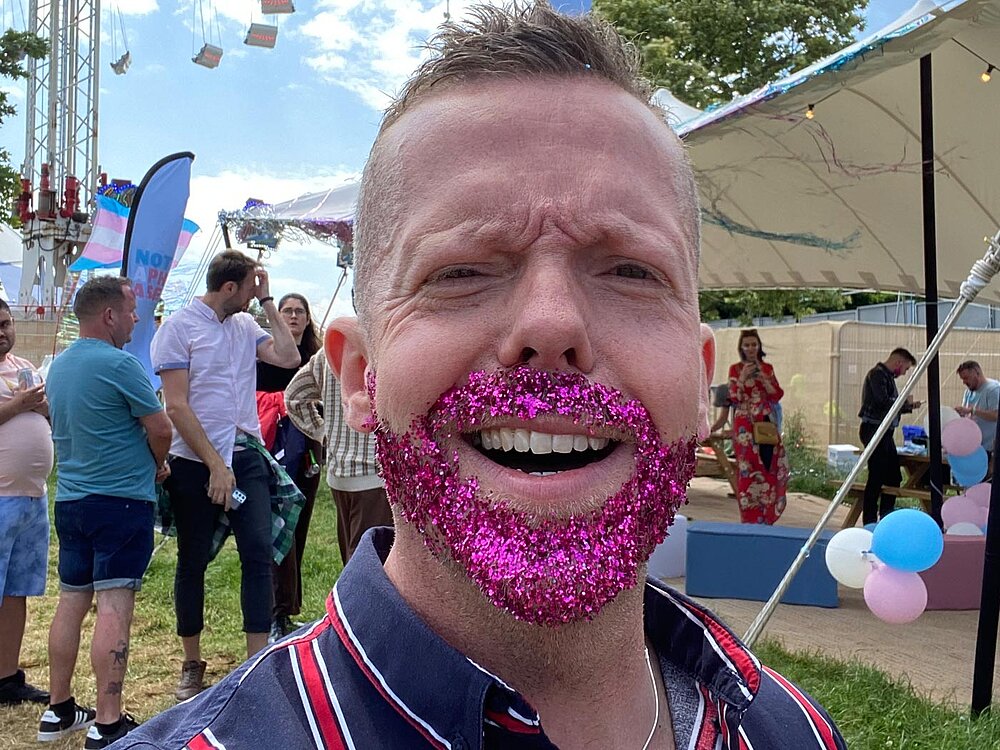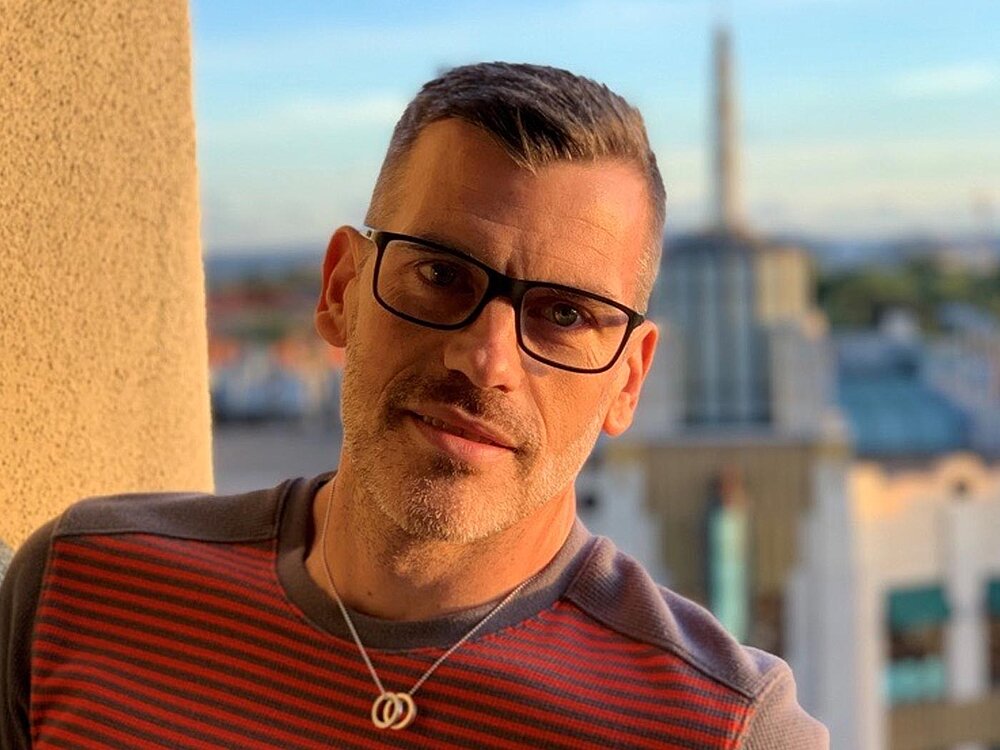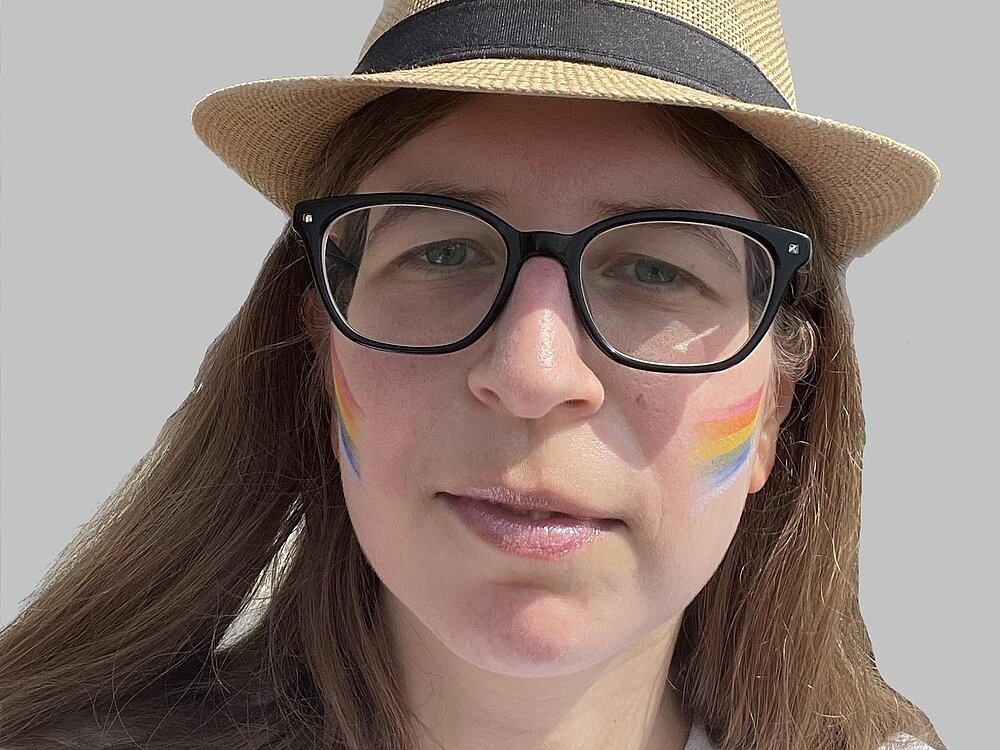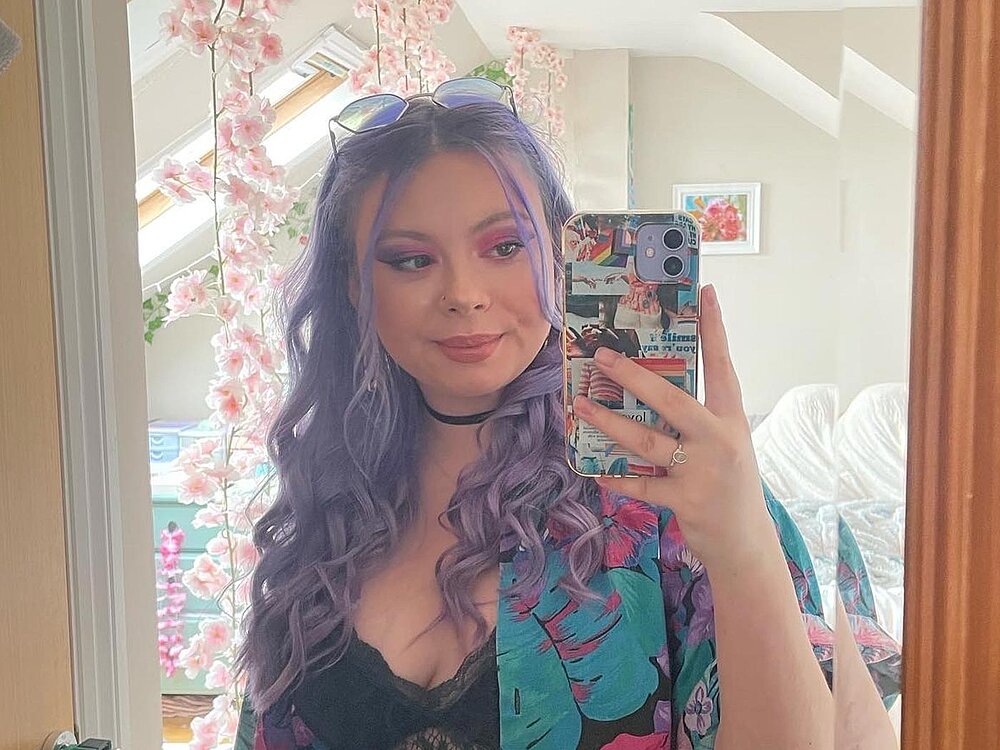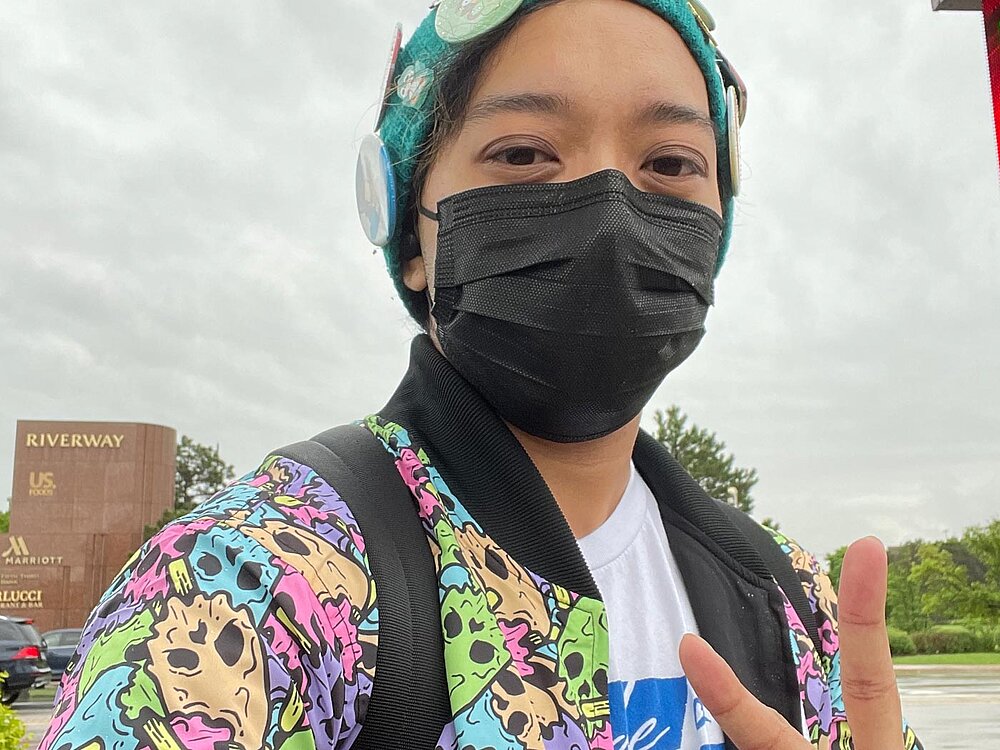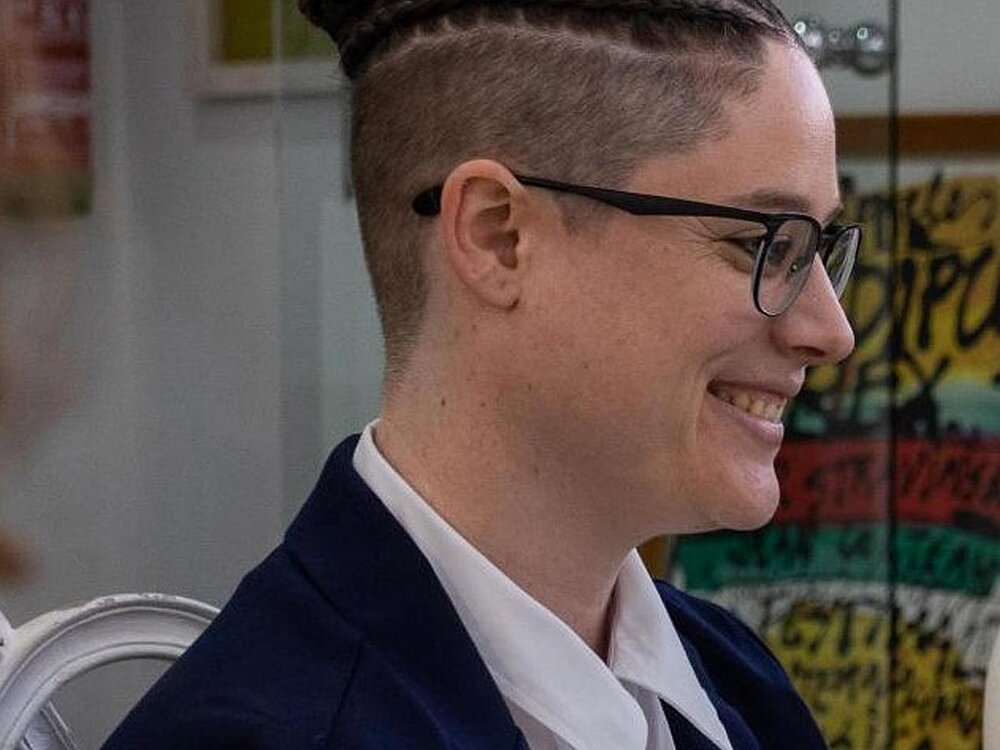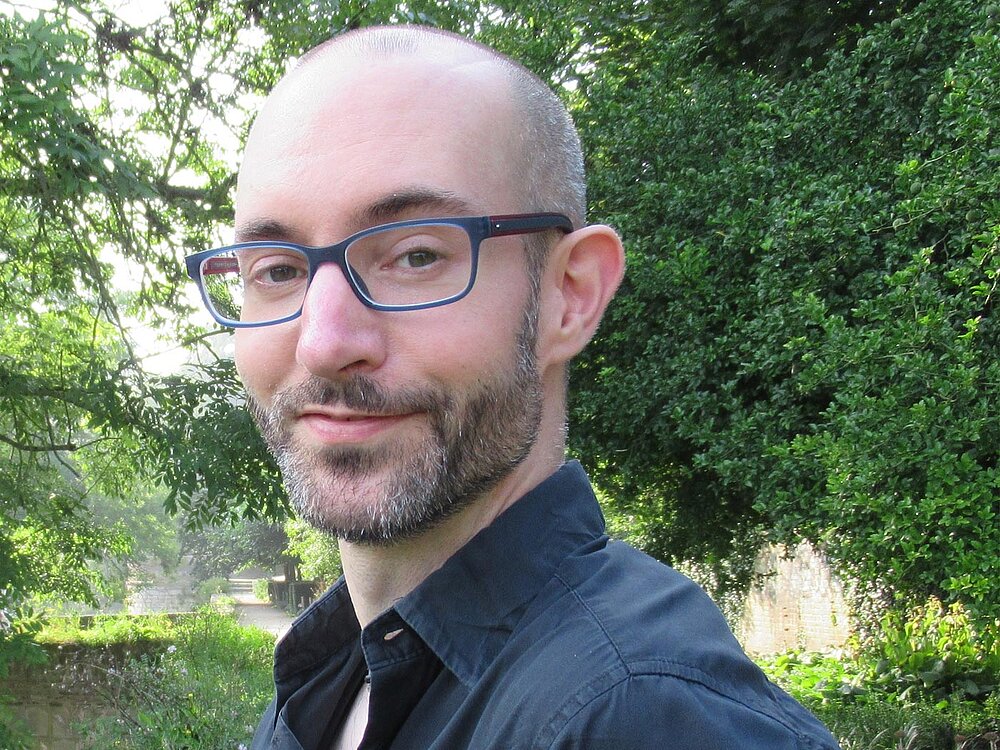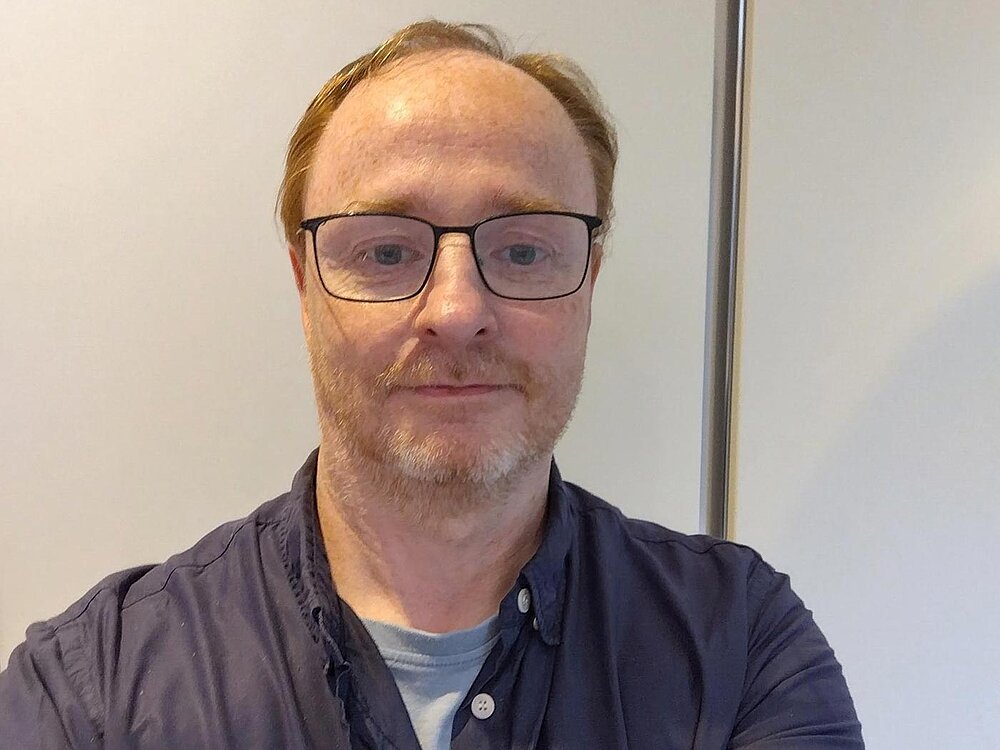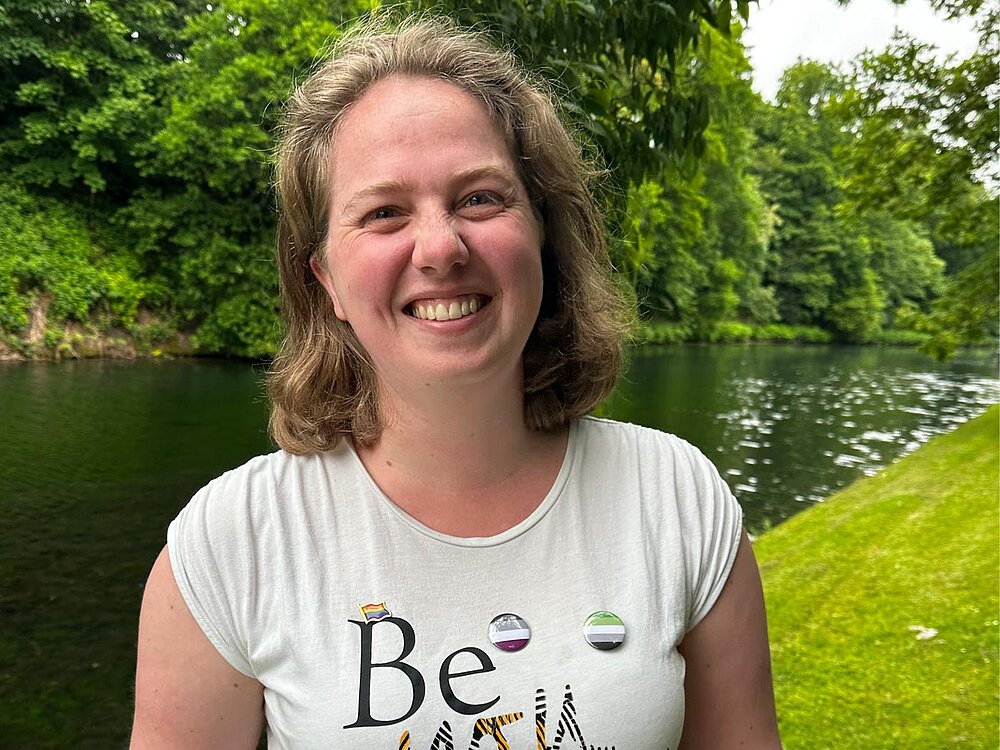Why is acceptance important and how can we all work together to create a more accepting society?
Acceptance is the first step to a more inclusive society. The first thing that comes to mind when "acceptance" is said is family acceptance, but that is only one part of it. Acceptance among friends, co-workers, employers, and in many other spheres is crucial to ensure members of the LGBTQIAP+ community are able to feel safe everywhere they exist. We, as queer people, are often in situations that make us feel unsafe once our existence is always questioned. Human beings in general already have many concerns and anxieties daily and when the environment we are in is not inclusive, we have an extra layer of concerns to face. Once we feel accepted, that allows LGBTQIAP+ people to exist more freely, to not worry about whether we are liked or not, or if we are in danger. An accepting environment allows us to express our opinion with no judgment. To me, the key to create a more accepting society is to listen. We, as human beings, have that amazing ability that allows us to get in touch with different opinions, life backgrounds, experiences and endless other possibilities. Once we were given that, we should listen with no intention to answer right away. I mean, listen in order to get in touch with different points of view and make genuine effort to understand that the person in front of you has a completely different background than yours.
Fernando Guimarães – Dubbing QC

